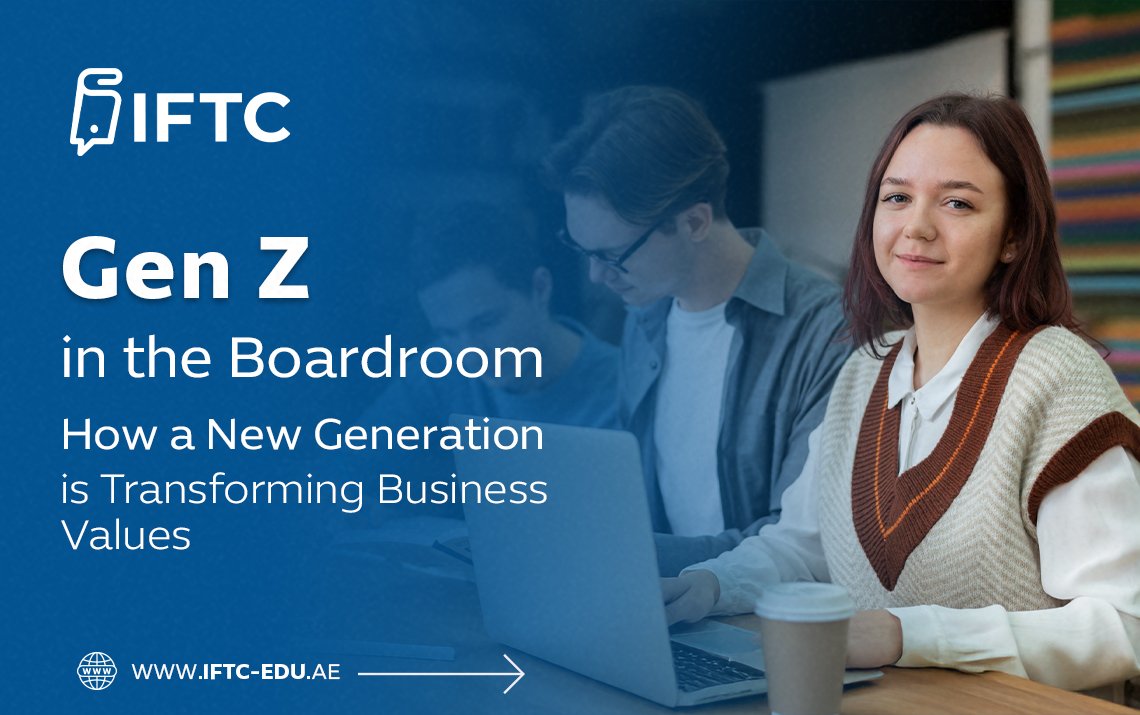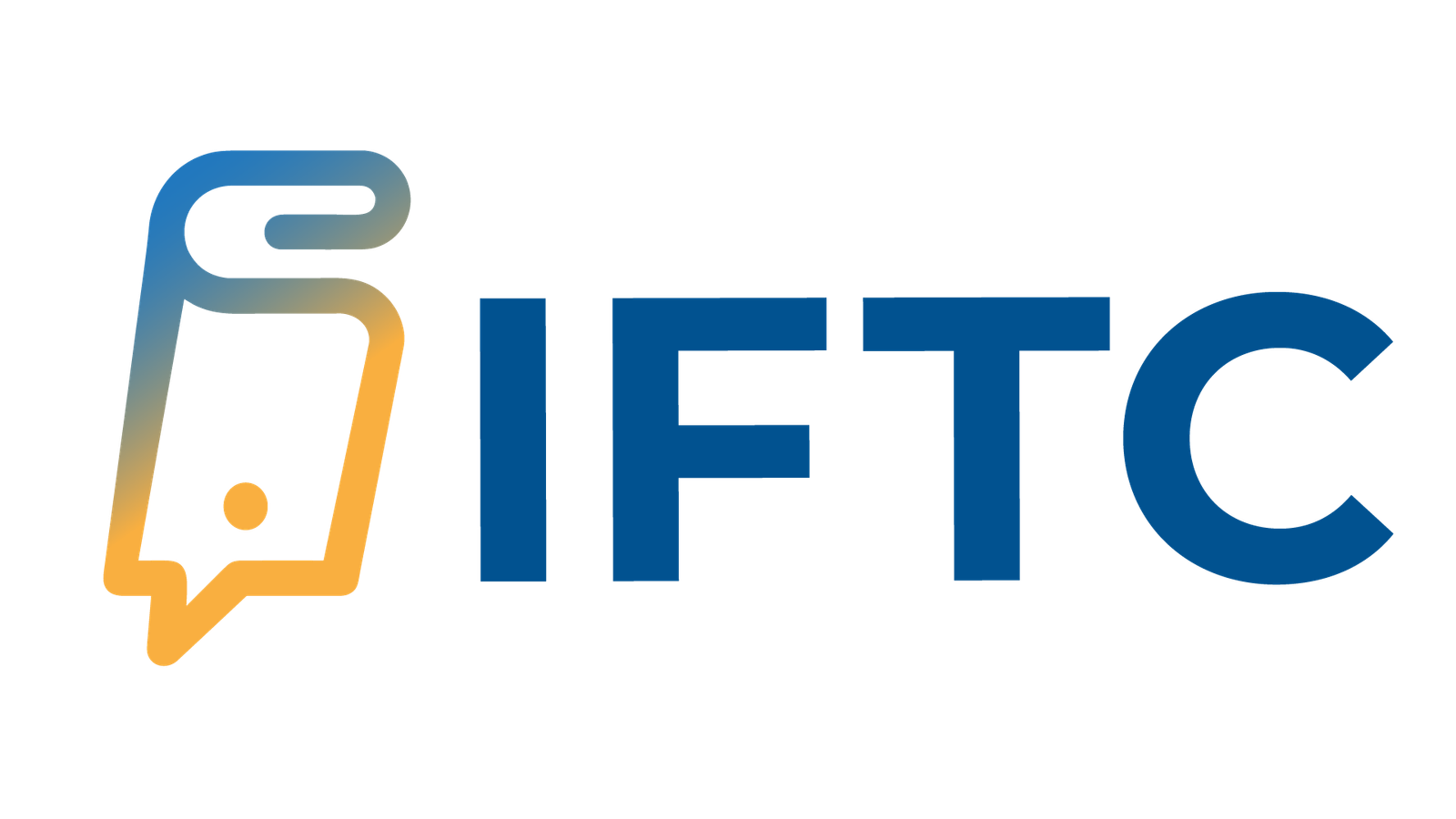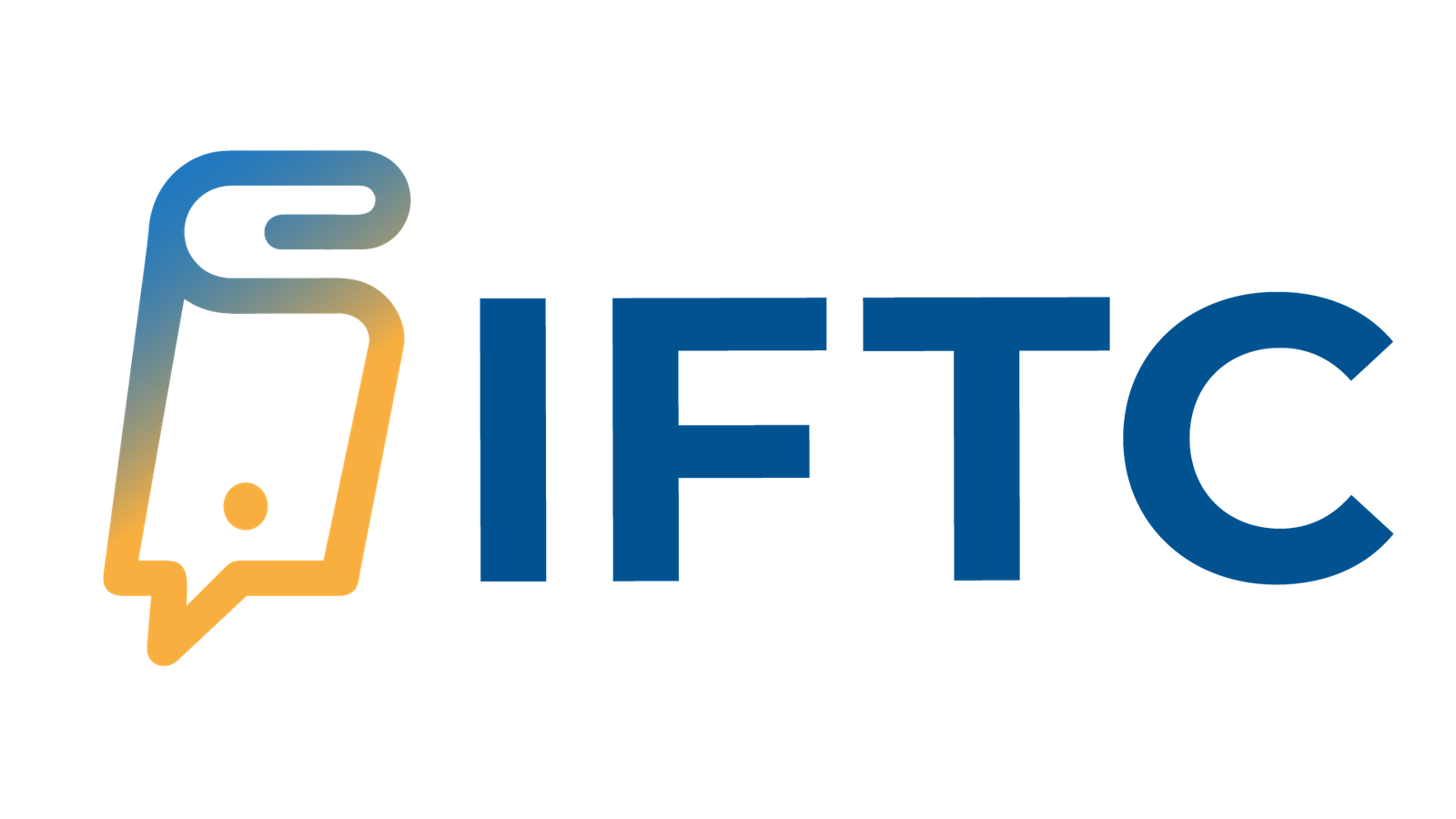
Gen Z in the Boardroom: How a New Generation is Transforming Business Values
gen z
Gen Z in the Boardroom: How a New Generation is Transforming Business Values
The business world is undergoing a generational shift. Gen Z—those born roughly between 1997 and 2012—are no longer just interns and junior staff. In 2025, they are founders, team leads, strategists, and even boardroom voices. With their arrival comes a wave of change in how businesses operate, communicate, and define success.
Unlike previous generations, Gen Z brings a unique combination of tech fluency, social consciousness, and entrepreneurial drive. They are redefining what leadership means, what work should feel like, and what businesses should stand for.
So, what happens when Gen Z enters the boardroom? A lot more than just a new dress code.
1. Purpose Over Profit: A Shift in Business Philosophy
Gen Z wants more than a paycheck—they want meaning. This generation expects companies to stand for something beyond financial gain. As a result, Gen Z-led or influenced organizations tend to focus on:
- Social justice
- Environmental sustainability
- Ethical sourcing and governance
- Diversity, equity, and inclusion (DEI)
Boards that include Gen Z professionals are seeing stronger pushes toward corporate responsibility, brand activism, and alignment with the UN’s Sustainable Development Goals (SDGs).
2. Tech-Native Leadership: Speed, Flexibility, and Innovation
Gen Z is the first generation of true digital natives. They’ve grown up in an always-connected world and are fluent in:
- Remote collaboration tools
- AI-assisted productivity apps
- Data analytics platforms
- Social media ecosystems
This allows them to lead with agility, embracing real-time feedback, rapid prototyping, and fast pivots. Traditional quarterly planning cycles are giving way to continuous experimentation and evolution.
3. Flat Structures and Transparent Cultures
Hierarchy? Gen Z isn’t impressed.
Instead of rigid corporate ladders, this generation prefers collaborative work environments with open-door policies, cross-functional teams, and access to leadership. In the boardroom, they advocate for:
- Transparency in company decisions and values
- Open feedback loops across all levels
- Mental health support and human-centered policies
- Flexible work structures that value outcomes over hours
Their influence is pushing companies toward flatter organizational models, where impact matters more than title.
4. Redefining Leadership Qualities
For Gen Z, a leader isn’t necessarily the loudest or most experienced person in the room. Leadership means:
- Empowering others
- Admitting mistakes
- Leading by example
- Advocating for fairness and inclusion
This redefinition brings more emotional intelligence into leadership discussions and promotes a style rooted in authenticity and collaboration.
5. Impact on Marketing, Branding, and Communication
Gen Z understands brand-building in the digital age. They’re masters of short-form video, community-driven content, and viral campaigns.
When they sit at the leadership table, marketing takes on a more organic, decentralized, and conversational tone. Brands become more:
- Relatable than polished
- Real-time than pre-planned
- Value-driven than salesy
They also expect customer service to happen across multiple platforms—Twitter, TikTok, DMs—and to be fast, human, and empathetic.
6. Entrepreneurship at Scale
Gen Z is the side hustle generation. Many start businesses as teenagers and think globally from day one. Their entrepreneurial mindset brings:
- A fail-fast, learn-faster attitude
- Focus on community and niche audiences
- Comfort with remote teams and borderless talent
These founders are often bootstrapping companies using low-code tools, social media virality, and peer networks instead of waiting for VC funding or traditional structures.
7. Challenges in Multigenerational Workplaces
Of course, integrating Gen Z into leadership isn’t without friction. Challenges include:
- Differences in communication styles (e.g., Slack vs. email)
- Conflicting views on work-life balance
- Generational bias or underestimation of Gen Z’s capabilities
These founders are often bootstrapping companies using low-code tools, social media virality, and peer networks instead of waiting for VC funding or traditional structures.
8. The Role of Business Education in Empowering Gen Z Leaders
Progressive postgraduate programs are adapting by:
- Offering modules on ethics, sustainability, and DEI
- Prioritizing experiential learning and startup incubators
- Encouraging collaborative projects with real-world impact
- Providing platforms for students to co-create curriculum and policy
These programs don’t just prepare Gen Z for leadership—they invite them to shape the future of business education itself.
Conclusion: The Boardroom Is Changing—For the Better
As Gen Z steps into leadership roles, they’re not simply inheriting the business world—they’re transforming it. With values rooted in purpose, innovation, and humanity, they bring fresh energy to boardrooms that have long been dominated by tradition.
Companies that listen to and include Gen Z voices will not only stay relevant—they’ll thrive in a world where connection, creativity, and conscience are key to success.



